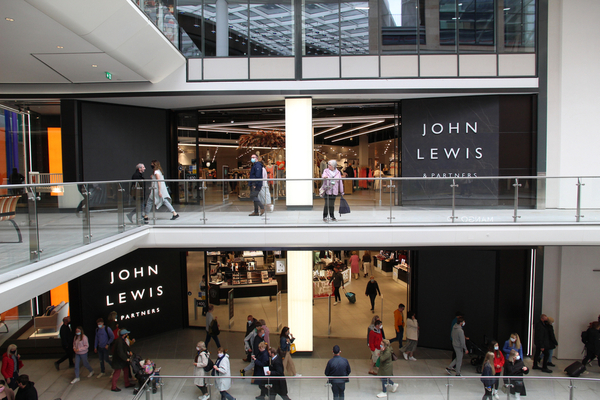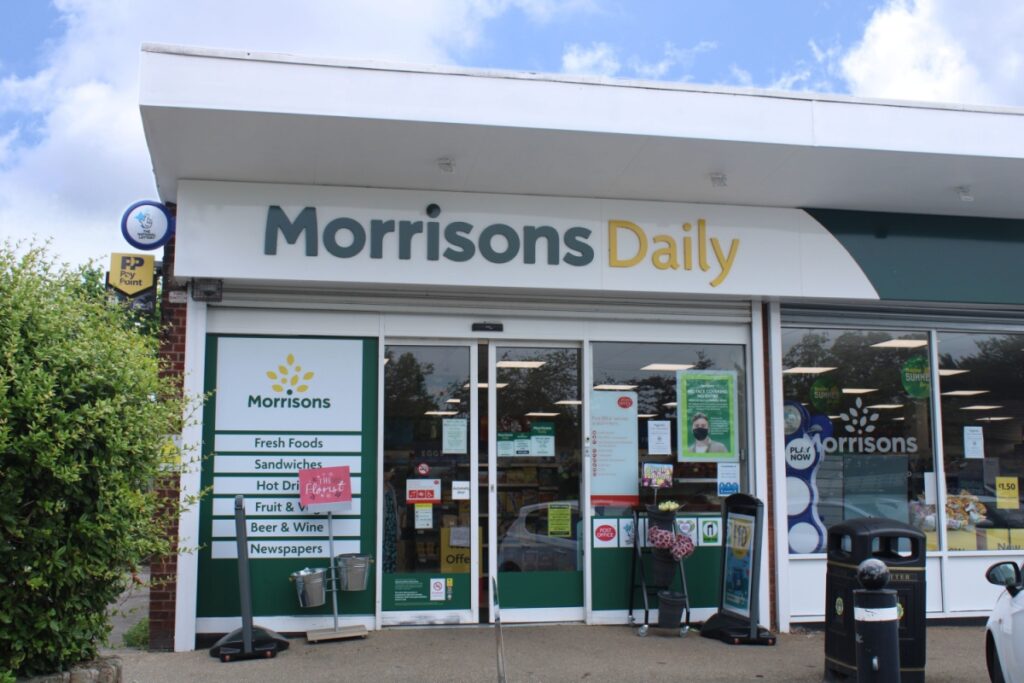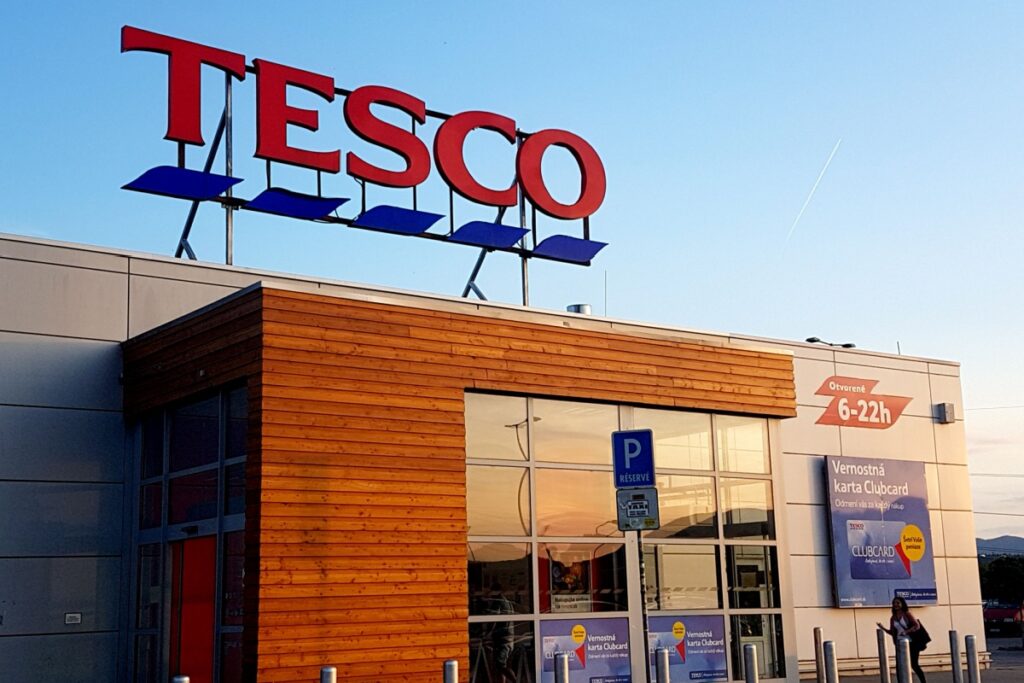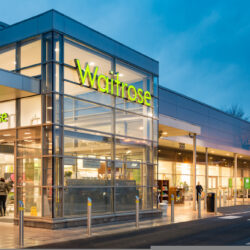John Lewis Partnership revealed it would pay all staff a one-off cost-of-living support payment as part of a £45 million investment into helping its partners out during these straitened times.
As much as such a move should be applauded, the cynics among us have suggested that the payment may be in lieu of a bonus this year as the group also unveiled a £99m loss for its first half.
Dame Sharon White didn’t shy away from this. “We will need a substantial strengthening of performance, beyond what we usually achieve in the second half, to generate sufficient profit to share a Partnership Bonus with Partners,” she admits
But can John Lewis Partnership deliver a Christmas good enough to give partners a much-needed present come March?
A memorable and affordable Christmas
White insists it has “some very, very strong foundations” going into peak and says that “both brands are really set up for a memorable and an affordable Christmas this year”.
It is helped by some macro factors. For one, White thinks that new prime minister Liz Truss’ energy price cap, which should freeze bills at an average of £2,500 for two years, could have a “game-changing” effect on consumer sentiment.
“The biggest drag on consumer sentiment ahead of the government’s intervention on energy prices has been energy bills. A two year freeze and the cap, I would expect to have quite a profound impact,” says White.

However, White is under no illusion that the customer will still be finding life hard and says it will “lean into value in an even more significant way”.
“We will be really focused on affordability without letting go of the quality and service that customers expect from the brands,” she says.
There are other reasons to be positive about Christmas. White also points out that this year looks set to be the first “uninterrupted” Christmas since 2019 as Covid appears to be easing off.
That also means that the supply chain disruption that Covid stimulated has also eased. John Lewis boss Pippa Wicks points out that in the run up to last Christmas China and Vietnam effectively closed down due to the virus, which led to stock shortages across retail.
However, this year John Lewis is prepared. Wicks says it has 15% more Black Friday stock and 12% more Christmas stock and that 85% of the products it aims to sell are already in the country.
Another potential filip is the timing of the World Cup, which falls between November 21 and December 18, which could lead to a jump in people snapping up new TVs as well as booze and food for those getting people over to watch big matches.
Waitrose boss James Bailey says: “A World Cup and Christmas tend to be two of the biggest events for a grocer in any given year so putting them right next to each other is unprecedented.”
Ultimately, Wicks thinks it will be a good golden quarter for John Lewis and she has vowed to “take on the Christmas emporiums” to make sure the department store is the place to visit this Christmas.
“People will be looking to have a thoughtful, family-orientated Christmas, which we’re excited about from a trading point of view.”
Subscribe to Retail Gazette for free
Sign up here to get the latest news straight into your inbox each morning
Waitrose becomes the problem child
That might be so, but experts are fearful JLP’s Christmas might not live up to expectations with Waitrose the big area of concern.
It’s no surprise after today’s half-year results were unveiled. In an change from what has been normal service over the past couple of years, Waitrose was the business that struggled while things seemed rosier at John Lewis.
While the department store like-for-likes were up 3%, Waitrose’s plunged 5% and operating profit fell by £93 million to £432 million.

Bailey has given many reasons why performance has taken a hit – aside from inflation. The fact that online has stepped back post-lockdown, a return to convenience store shopping – an area where Waitrose is weak -to name just two.
However, the latest Kantar Worldpanel figures paint a stark picture. Waitrose sales fell 4.7% in the 12 weeks to 5 September, with Morrisons the only other grocer in negative territory.
Savvy Marketing CEO Catherine Shuttleworth believes a lack of value is behind the performance and says shoppers are deserting the supermarket for cheaper alternatives.
“The middle classes are not immune to the cost-of-living crisis. They are increasingly heading over to Aldi,” she says.
Shuttleworth points out that in the latest Savvy Shopper Panel, 62% of the most affluent shoppers are considering switching supermarkets.
She therefore expects Waitrose to come under increased pressure.
Despite this ongoing drive to value, Hyman believes Waitrose shouldn’t be pushing further into that space.
“I don’t think that being cheap is something Waitrose should be remotely interested in. It needs to deliver consistent and meaningful quality.”
This will be particularly important over the Christmas period where shoppers look to buy treats.
However, Hyman believes what he terms “serious availability issues” and a continual fall in customer service levels will hinder its performance.
Grocery expert Steve Dresser concurs. He tweets: “They should be focusing on differentiation and running shops that look as though they’ve been filled more than once in a week.”
Hyman believes that the issues Waitrose is experiencing is due to cost cutting.
“Stripping out layers of management is fine if they fundamentally didn’t do anything or their workload can be absorbed. I don’t think that’s the case here,” he says.
“Waitrose is really struggling with availability and product quality, which is what it’s been known for – and it comes at a time when trust is really worth something with customers.
“A business like John Lewis should be able to leverage its trust and brand loyalty at a time like this. Unfortunately, I think it’s been eroded over a number of years.
Meanwhile, Shuttleworth believes that the grocer is struggling to find its real point of difference.
“It would have been quality and welfare standards but I’m not convinced that’s distinct enough now at a time when even Aldi is championing British produce,” she says.
Will the bonus be scrapped?
There are clearly some challenges to address at Waitrose, which is the larger part of the JLP business, and even if some of the availability issues are dealt with before Christmas, reversing a near 5% sales decline by then may be a step too far.
So does that mean that no bonus is likely to be unveiled come next March?
John Lewis Partnership finance chief Bérangére Michel explains that there is not a “mathematical formula” behind calculating the bonus. She says it looks at things such as company cash and liquidity as well as its prospects for the year ahead.
One retail commentator is blunt. “It’s great that it can give staff cost-of-living support but we all know this is in lieu of a bonus. They will not be paying out next year.”
Hyman also believes a bonus is looking increasingly unlikely, however he believes John Lewis is right to manage expectations.
Ultimately he believes scrapping the bonus may be the right thing to do. “I didn’t think they could afford to pay the bonus last year,” admits Hyman, who believes the health of the partnership should come first.
And with JLP only two years into a five year transformation plan, it needs to keep its eye on its longer term goal.
Click here to sign up to Retail Gazette‘s free daily email newsletter


















